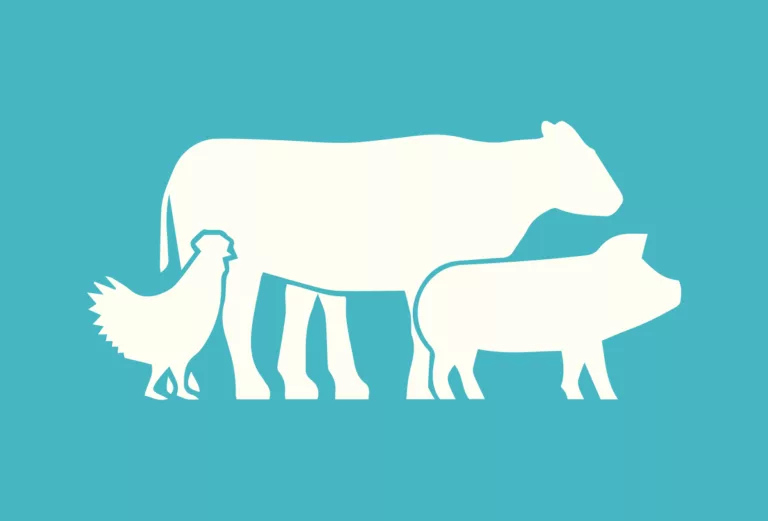
Balancing Concerns
October 7, 2016
As a veterinarian, it is my duty to weigh the decision on whether to use antibiotics on the farm in order to balance both public health and animal needs. I took an oath to prevent and treat animal suffering as well as promote public health and protect animal health. It’s a real balancing act some days, but when an animal is sick with a bacterial infection, treating it with antibiotics is the right thing to do.
